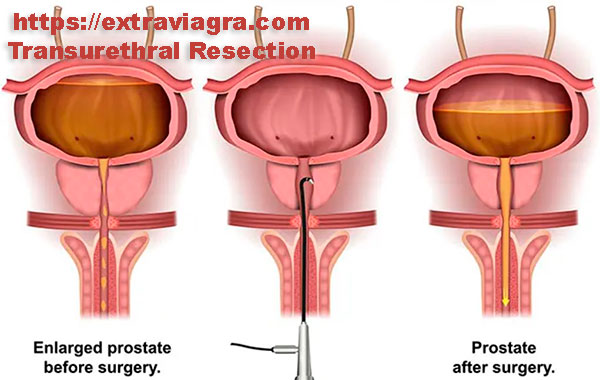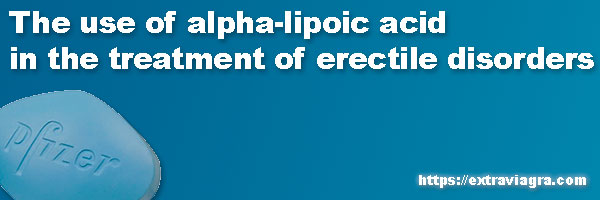Transurethral resection of the prostate is a minimally invasive and effective operation that is prescribed to patients with benign prostatic hyperplasia. Despite the minimal invasiveness, this method is characterized by some complications, among which there is a violation of potency. This condition is quite a serious problem, especially for young men. Fortunately, the violation of potency can be temporary and with proper, professional treatment disappears after a certain time.
Why is potency disturbed after surgery
According to the results of numerous studies, it was found that up to 40% of patients who underwent transurethral resection of the prostate gland face erectile dysfunction of various degrees of severity. The exact causes of this complication have not yet been established, but scientists have several assumptions. The psychological factor is also not ignored. The experiences of a man before surgery on an important organ for him have a negative effect on the erection. This is also facilitated by the painful sensations after transurethral resection – some men noted that because of the postoperative pain when urinating, they are afraid to enter into an intimate relationship. However, after 3-6 months, when the pain went away, they had a complete recovery of the erection.
What should I do if potency has disappeared after transurethral resection?
First of all, you need to contact a competent specialist. Self-medication, the use of traditional medicine and other methods can significantly worsen the patient’s condition. Before you start to restore potency, you need to be diagnosed and determine the cause of its violation. To do this, you will need to go through several stages:
- Interview with a doctor, analyze complaints, collect anamnesis, study the details of the operation.
- Laboratory tests. The doctor may prescribe the determination of the level of hormones in the blood, etc.
- Instrumental examination. It may include such methods as transrectal ultrasound of the prostate gland, Dopplerography of the vessels of the penis.
Experts emphasize that a decrease in the quality of sexual life is quite common, especially in elderly patients who have undergone any manipulations on the prostate gland. Do not hesitate to visit the doctor and try to solve the problem yourself. This approach can only make the situation worse.

How to restore an erection after transurethral resection of the prostate gland
Modern medicine can offer several ways to help restore potency. Treatment can be complex, or limited to only one method. The exact plan is always developed individually and may include:
- LOD-therapy. This method allows you to increase blood circulation in the vessels of the penis, restore the destroyed nerve connections and reflex mechanisms that are involved in the occurrence and maintenance of potency, due to local negative pressure. The treatment is relatively simple, but requires a certain amount of time to achieve the result.
- Shock-wave therapy. The efficiency of the method is about 70%. The procedure helps restore blood circulation in the cavernous bodies, accelerates tissue regeneration after surgery, and relieves inflammation and pain. Of course, all these processes have a positive effect on potency.
- Drug therapy. It includes the appointment of special drugs in tablet form, as well as injections into the penis. The latter method is considered the most effective, although not the most pleasant.
- Related procedures. The recovery process can be affected by the patient’s exercise and lifestyle. In particular, it is recommended to give up smoking and other bad habits, it is necessary to eat properly, to be in the fresh air more often, to lead a mobile lifestyle.
In exceptional cases, when conservative treatment does not bring the desired result, penile prosthetic surgery (phalloprosthesis) may be prescribed. It should be approached very carefully, especially in elderly patients.
Thus, there are various ways to restore potency after transurethral resection of the prostate. Initially, it is important to determine the cause of this problem and find out the individual characteristics of the patient. It is impossible to get such information on your own, so if you develop erectile dysfunction, you should contact a urologist-andrologist. The doctor will conduct an examination, prescribe the necessary diagnosis and select the optimal treatment plan, which will need to be strictly followed. Only if all these conditions are met, you can achieve the maximum chance of recovery.







